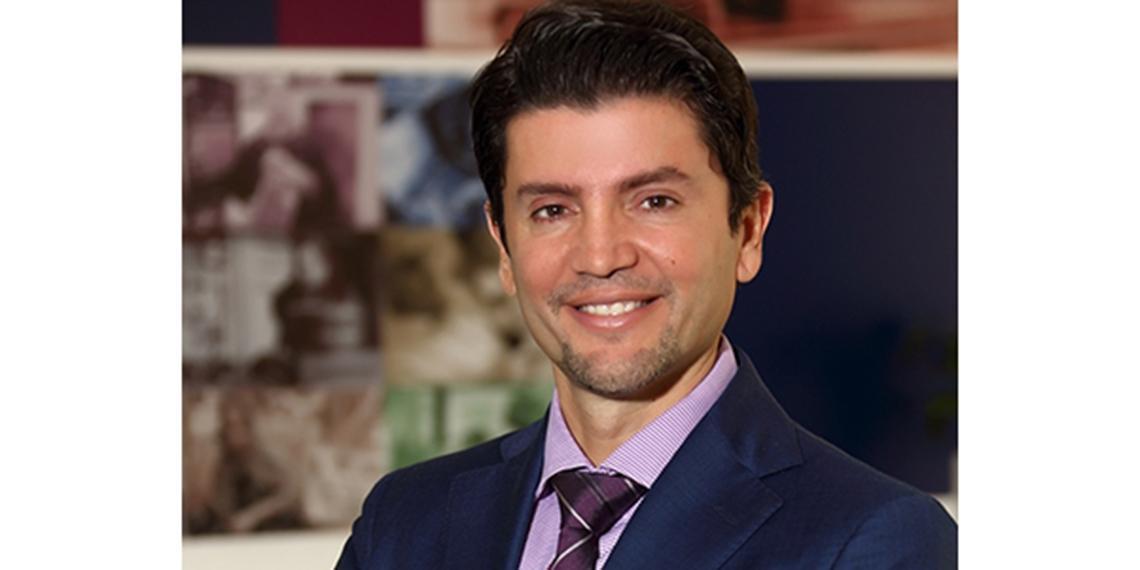Ericsson's ConsumerLab conducted a study on consumer attitudes and behaviors that are driving mobile telephony and internet usage among consumers in Pakistan. The study, which represents the views of 58 million consumers across 9 cities in Pakistan, explores how mobile broadband and smartphones are fueling consumer aspirations for reliable connectivity, no matter where they are. For instance, the number of consumers wanting to stay connected wherever they are has increased from 18 percent in 2007 to 38 percent in 2015.
Mobile internet is perceived to be a symbol of status in Pakistan, and hence has an aspirational value. Tarek Saadi, Head of Ericsson Pakistan and GCC countries, says: "Mobile broadband is the modern face of Pakistan. Consumers are aspiring for fun, creativity, social status and faster mobile connectivity."
The study shows there has in fact been a significant attitudinal shift: Over the last eight years, the proportion of consumers who believe it is important to have fun in life has increased by 17 percent, while the percentage of consumer who place importance on creativity has increased by 19 percent.
The changing attitude towards mobile connectivity also has a gender dimension to it. Women in Pakistan use the internet primarily for instant messaging, while men use it to be updated with the latest news and events around the world.
As consumers aspire for faster connectivity, service providers in Pakistan have also started to keep up. "In Pakistan, 2G continues to rule the roost yet 3G/4G is becoming more adopted as a result of mobile operators' investments on the latest technologies across the country," adds Saadi.
6 out of 10 mobile internet subscribers use internet on their mobile phones on a daily basis. Consumers in Pakistan consider smartphones to be the gateway to the rest of the world. They are primarily being used for browsing, social networking and instant messaging.
Consumers in Pakistan give importance to voice when choosing a mobile service provider, which explains why network-related parameters like voice quality and data performance are the key factors driving satisfaction with service providers. About 50 percent of 2G users would like to upgrade to 3G/4G and about 50 percent of 3G users would like to upgrade to 4G.
Wi-Fi is perceived to be low cost or free, but 3G/4G subscribers feel that mobile broadband offers better network speeds and performance in many aspects.
Despite the fact that Pakistani consumers have positive attitudes towards mobile broadband, a few barriers like handsets being incompatible with faster networks and lack of financial power hinder adoption. Among those not using mobile broadband, there is also a lack of perceived need.
"Even though individual levels of financial power hinder, there is an increase usage of mobile broadband. Once the society sees the efficiency, benefits and impact on the lifestyles, we will see faster adoption of mobile broadband in the market. Also, we clearly see that experienced 3G/4G users are more satisfied than 2G users with operators due to the great service they are getting. For the overall population, voice is an important driving factor of satisfaction, however, for the young population it is data speed and coverage," concludes Saadi.










